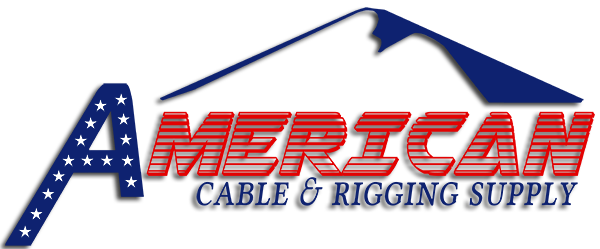
5 Important Things You’ll Learn During Rigging Training
The rigging industry is rewarding for the right person and gives lots of room for growth. Chances are, if you had a knack for building as a child, then you could take an interest in this career path. Aside from operating a crane, there are many important things you’ll learn during rigging training that contribute to a lifelong career.
How To Properly Use the Equipment
Training on many pieces of machinery equips you with the knowledge and background to be employable in more ways than one. Knowing more about the equipment creates versatility on a job. A few other practical skills you’ll acquire along the way include:
- Signaling
- Different lifting practices
- Using various attachments
- Setting up the cranes
Safety Measures
Operating adjustable lifting chains comes with unique risks and variables, so you must understand all safety measures. Many job-related fatalities and injuries are preventable. Safety lessons in training sessions will ensure safety remains a top priority on a job site. You’ll be able to absorb this information to protect yourself and others.
An essential component of the job requires climbing towers and elevating cabs, so you’ll also acquire fall prevention and ascending techniques. A few other safety-related things you’ll learn during rigging training include:
- Thorough equipment inspection
- Regulations and industry standards
- Proper operating methods
How Job Sites Operate
A basic understanding of how a job site operates before you begin duties can benefit you immensely as you transition from training to working. Many training programs will provide practical placements to help you get more hands-on training and become more involved in job environments. Through these, you can begin to implement communication skills and learn best practices in the field.
More Than Just Rigging
The goal when training is to receive a job in the field and not just carry around a certificate. Employers look for various qualifications, such as Rigger Level 1 and signalperson certifications. Additionally, many programs offer the opportunity to improve your written resume and interview skills, making you the best candidate for potential employers.
The Job in Its Entirety
Every industry changes over time, which means there are always opportunities for growth in some capacity. Understanding more than basic crane operations and thinking about the bigger picture can help you if you decide to further your career.
A well-rounded education is the best place to begin working toward these career goals. Besides equipment operations, you may also learn tool management, project planning, and engineering skills.
